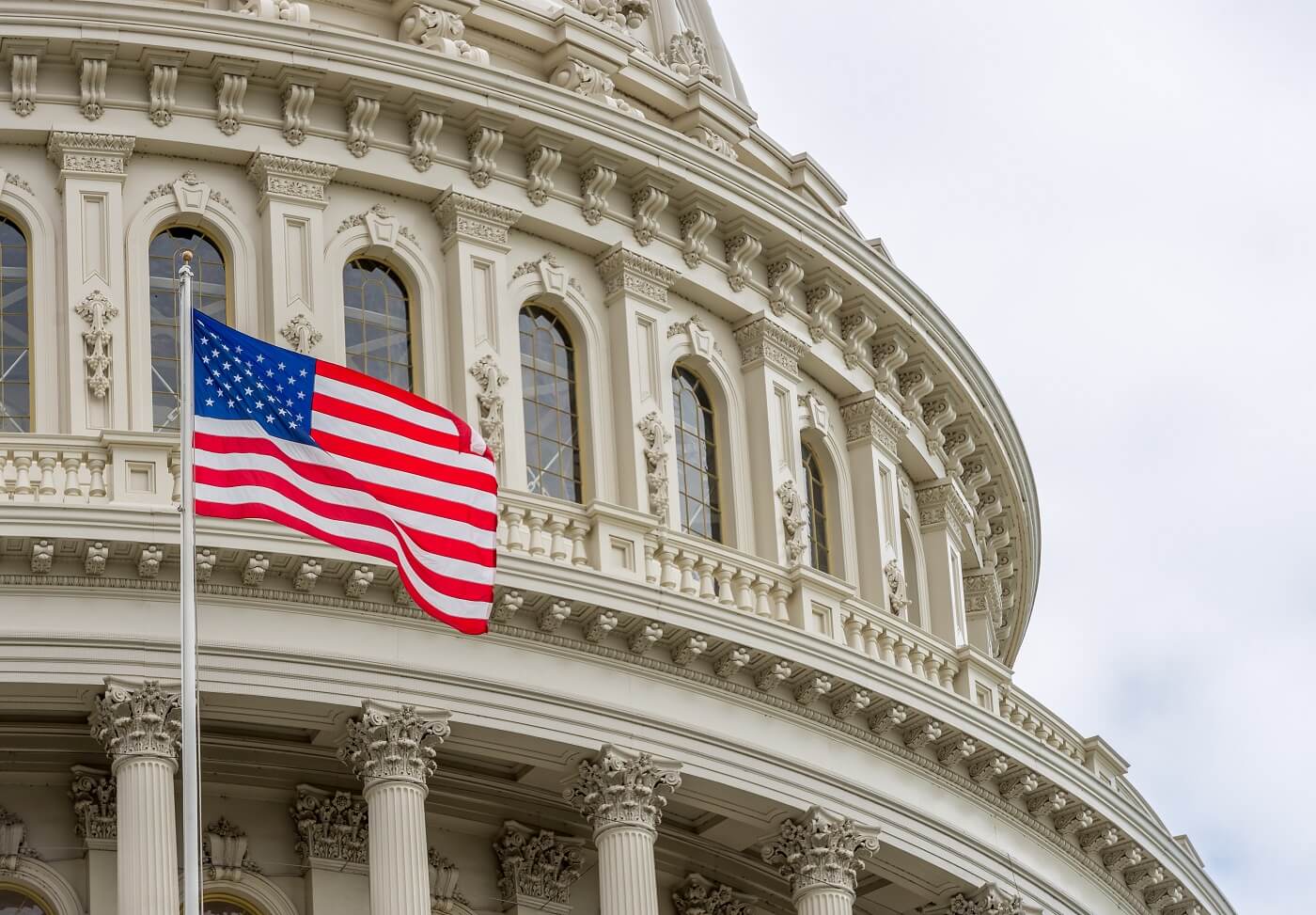
US House fails to overturn Biden’s veto on SEC crypto rule
US House voted 228-184 in favor of overriding President Joe Biden’s veto of H.J.Res. 109 on SAB 121.
The vote however fell short of required two-thirds majority.
The US House of Representatives has failed to override US president Joe Biden’s veto on legislation that sought to nullify SEC’s Staff Accounting Bulletin (SAB) 121.
Biden vetoed H.J.Res. 109, a resolution that sought to disapprove of the SAB 121 on May 31, 2024. This came after the US Congress had passed H.J.Res. 109 with bipartisan support.
On July 11, the US House of Representatives voted in a fresh bid to throw out the SEC’s controversial rule that requires banks that custody crypto to add this to their balance sheets under liabilities.
Vote fails to reach two-thirds majority
The House voted 228 in favor of overriding the veto.
However, this fell short as this did not meet the two-thirds majority threshold required to nullify the president’s action. The House managed 228-184 but the vote needed 290 to pass.
Lawmaker says vote sends message
The US Congress has not overridden any of the 12 vetoes that Biden has issued since taking office in 2021, with the requirement of a two-thirds majority a major hurdle amid the political divide of Democrats versus Republicans.
This failure to overturn the veto means SAB 121 stands and that banks are likely to find it unappealing to provide crypto custody services.
However, Rep. Mike Flood says the vote has “sent a message that a bipartisan majority of the House continues to support repealing SAB 121.”
He added in a statement posted on X:
“Banks have long been America’s most trusted custodians, and regulators should work with them so they can provide the same services for digital assets that they have to other asset classes through the years.”
Rep. Flood says he will continue to work with others in the House to find “pathways” towards ending SAB 121.
The post US House fails to overturn Biden’s veto on SEC crypto rule appeared first on CoinJournal.


